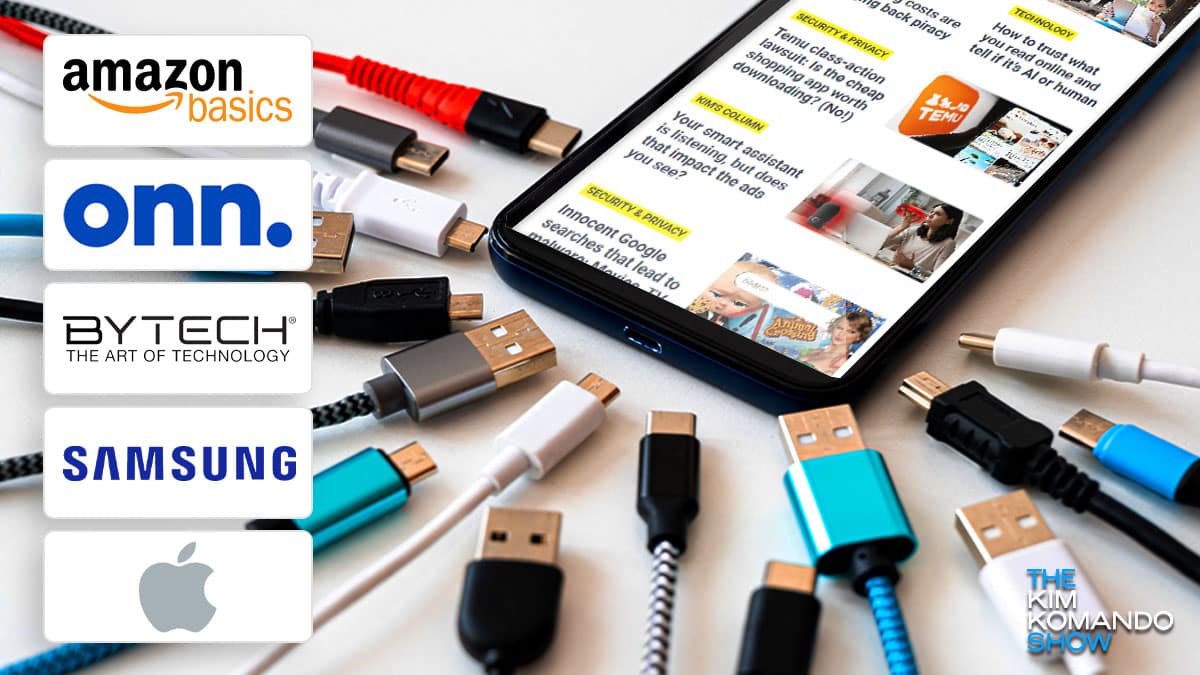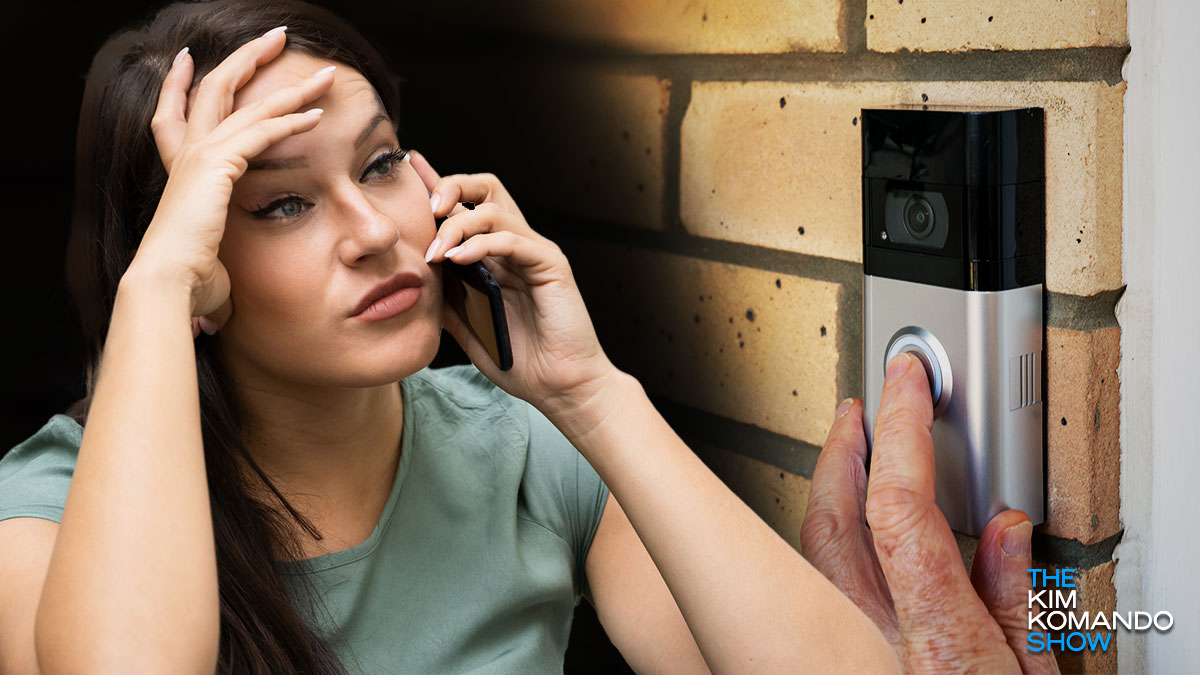One of my favorite little pleasures is returning to the car after a long hike, popping open my cooler and grabbing an ice-cold drink — ah-h-h. Recreate that bliss at the beach, on a boat or even at your desk with these little coolers — all chosen for their awesomeness by the folks at Consumer Reports.
- Best status-cooler alternative: YETI, Stanley and Hydro Flask coolers make all the best-of lists — and their coolers can cost over $200. The nine-can Titan ($32.99) has features that rival the status coolers (deep-freeze insulation, padded and adjustable shoulder strap, a no-zip flip top) without the name-brand markup.
- Best backpack cooler: If you can’t (or don’t want to) wait to get back to your car before popping open a cold one, swap out your regular daypack with this backpack cooler ($29.99). Its waterproof interior can hold up to 28 cans and keep ‘em cold for 16 hours. The outside pockets hold your keys, phone and granola bars.
- Best for the golf course: A cooler so genius that it was on “Shark Tank,” the Caddyswag ($25.99) fits six cans of seltzer or soda or whatever and slides perfectly into your golf bag’s external pocket. This will be a slam dunk Father’s Day present for a lot of you, I’m sure.
- Best for style: A hip cooler? Yup. They call it retro, but I just call it cool. Igloo’s neon ‘90s cooler (17% off, $24.99) is hot pink, teal and highlighter yellow with a carrying handle and a shoulder strap. Keep nine LaCroix ice cold for enjoying anywhere you want to be refreshed and stylin’.
- Best for lunch: PackIt’s freezable lunch bag ($23.99) is both a bag and an ice pack all in one. The bag flattens down to practically nothing so you can store it in even the most packed freezer, then just grab it, pack it and you’re on your way. Cool color options, too.
We may receive a commission when you buy through our links, but our reporting and recommendations are always independent and objective.










